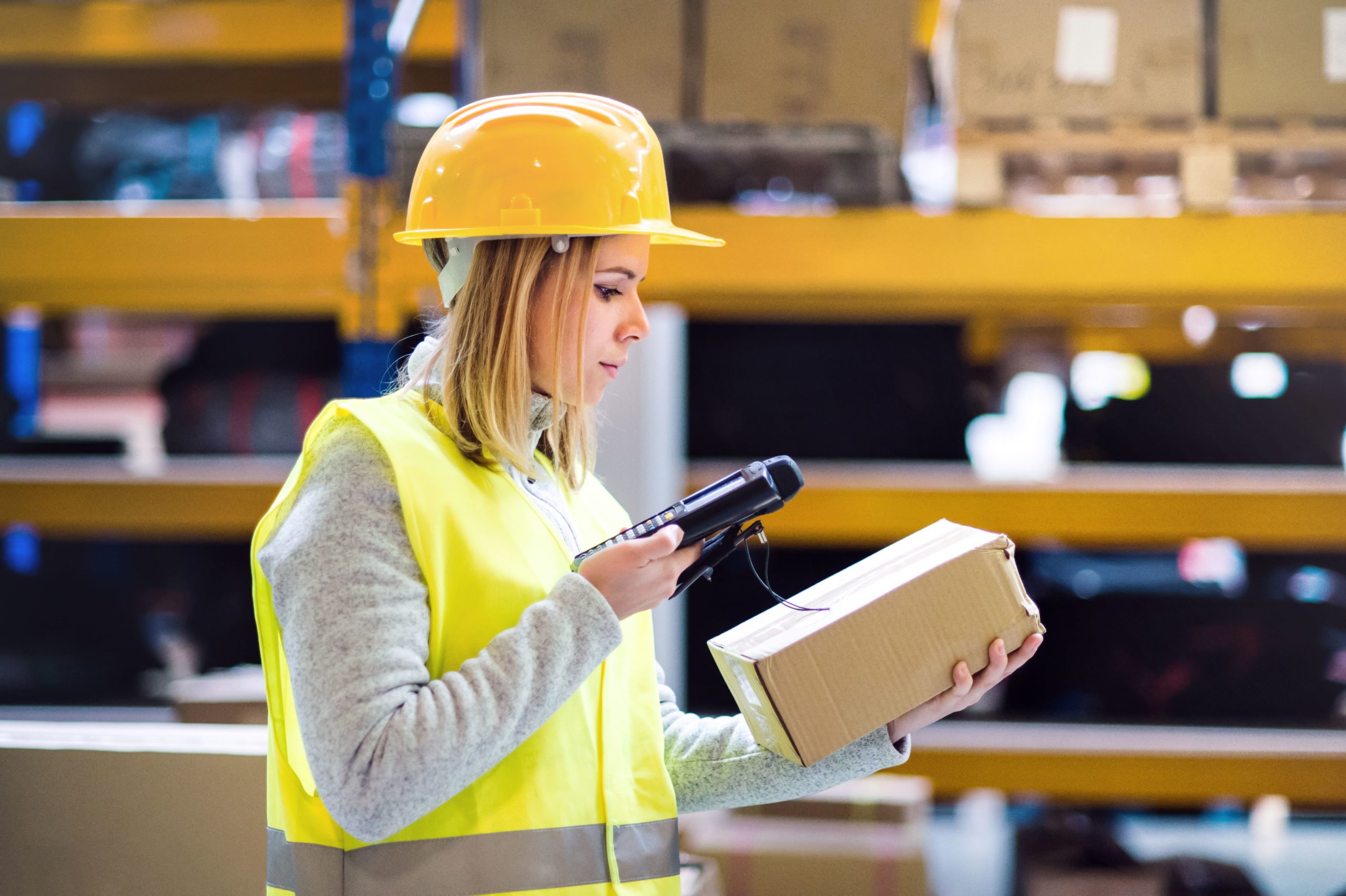Computerised Smart Packaging is already with us, and the industry is expected to be worth £40 billion by 2025. The technology is impressive, but it does little more than reward laziness whilst creating environmental problems.
Worth the hype?
Smart packaging could be used to link products to the cloud, allowing users to access detailed information about their origins before purchasing. This is already being used for craft beers and olive oil. This is great for high-end products whose buyers have the time and money to be connoisseurs, but what about the average shopper?
Speaking to The Guardian, Andy Hobsbawn from smart product manufacturer EVRYTHNG envisions a future where you can “scan your ready meal and have that tell the microwave what setting to put it on.” Again, this is a nice touch but is it really necessary?
Intelligent crisps
In the run-up to the 2017 Super Bowl, American snack company Frito-Lay released a bag of crisps (or chips) with a built-in breathalyser. The Tostitos bag would detect alcohol on the consumer’s breath and, after a certain point, it would remind them not to drive and give them a code for an Uber. If they were too drunk to call the cab themselves, it would do it for them with nothing more than a tap of their smartphone.
This was done via near field communication, which allows electronic devices to communicate wirelessly if they are within a certain distance of each other (usually about 4cm). In this case, the crisp packet was able to communicate with the consumer’s smartphone as long as it was nearby.
The Frito-Lay promotion was more of a publicity stunt than a long-term solution, but it was a good illustration of the possibilities of smart-packaging. But do the potential improvements in convenience outweigh environmental concerns over its disposal?
Recycling challenges of smart packaging
Most of the current applications of smart packaging seem to be either gimmicks, or timesavers targeted at the lazy. This would be fine if there weren’t also serious environmental concerns about its use. Implanting chips into packaging can make it much harder to recycle as the chips need to be removed first.
Dustin Benton from environmental think tank Green Alliance sums up the problem:
‘The challenge with packaging made from multiple materials is that it’s really difficult to separate and recover it – it’s a very energy intensive process.’
One way companies can ease the burden of smart packaging on recycling centres is to locate chips in easily identifiable areas such as bottle caps. Hobsbawm also argues that smart packaging could help to increase recycling by reminding consumers to recycle, but whether that would have any tangible impact remains to be seen.
Smart packaging has many potential benefits but, at present, none of them outweighs the environmental concerns. With global warming an increasingly controversial and important topic, recycling needs to be our top priority and anything that hinders it should be discouraged. Having to microwave our own meals and call our own taxis is a small price to pay.
Are you a food innovator?
If your company is working to cut waste and improve recycling in the food industry, you might be eligible for R&D Tax Credits. Innovation can be expensive, but R&D Tax Credits allow you to offset the costs. A project is eligible whether it succeeds or not so you can take risks without putting your business on the line. The application process can be daunting. You’ll need to present a robust case to HMRC and back it up with detailed evidence. That’s where we can help. We have experts on hand to guide you through the process and make sure you have the best possible chance of success.
Get in touch today and let’s get started.






